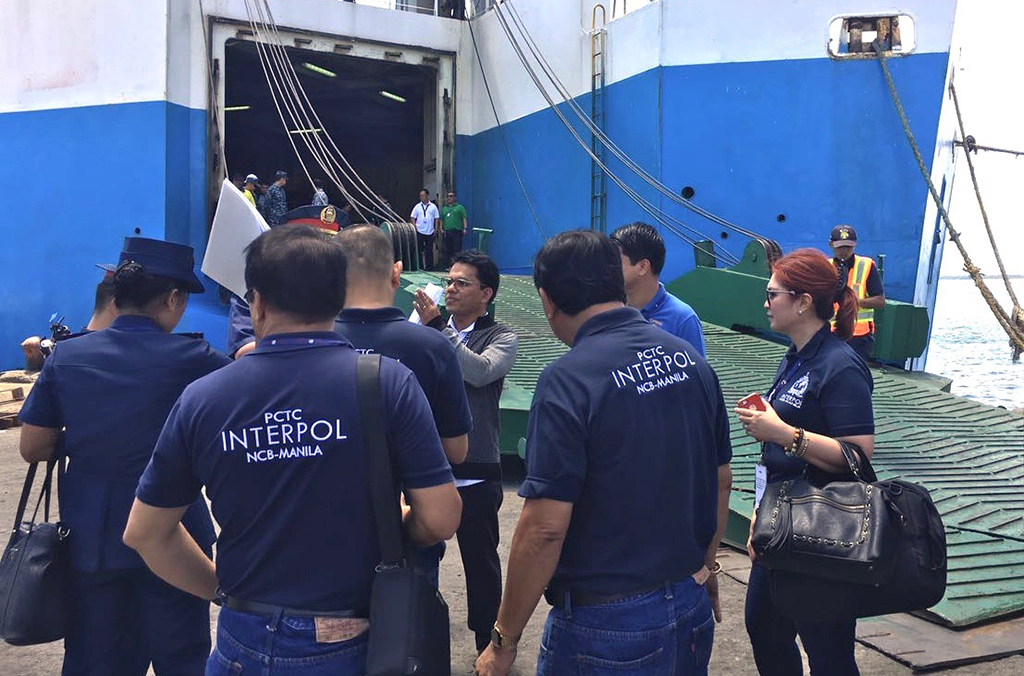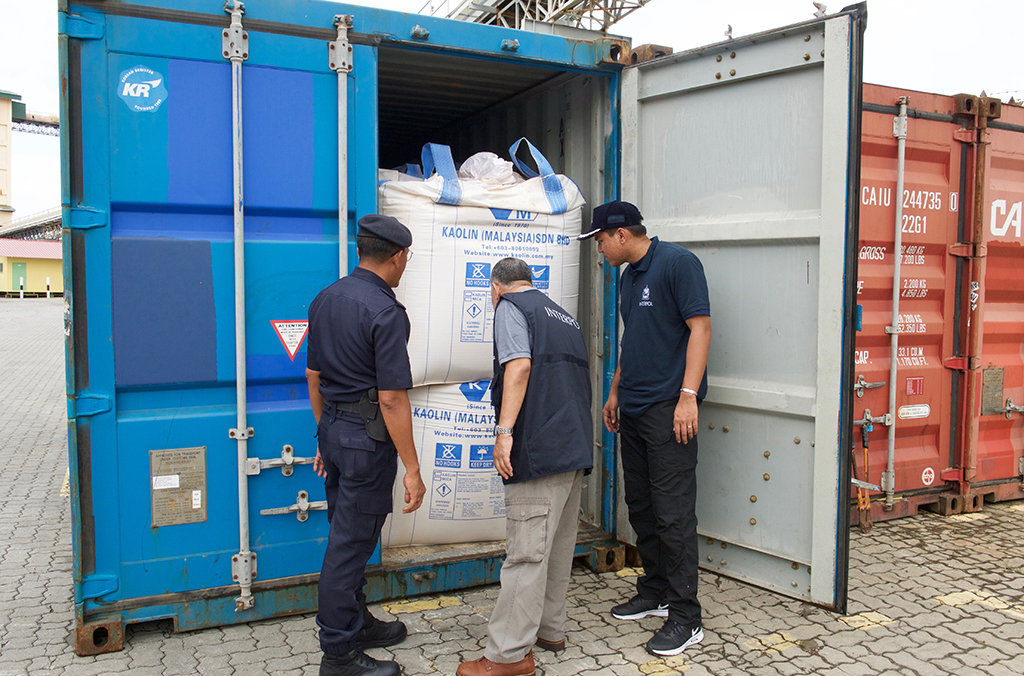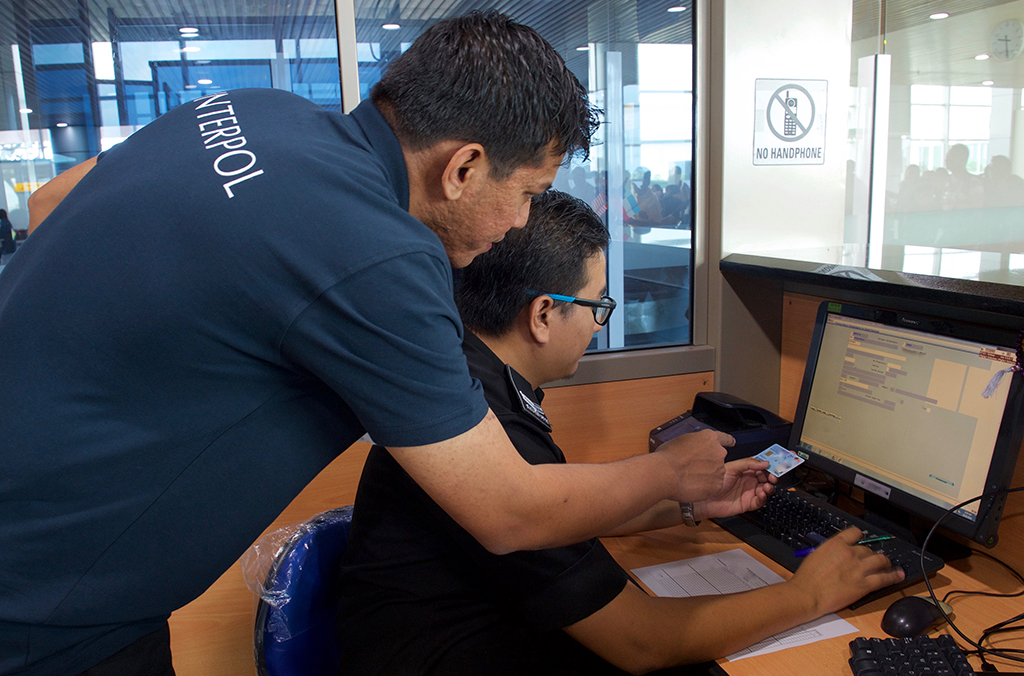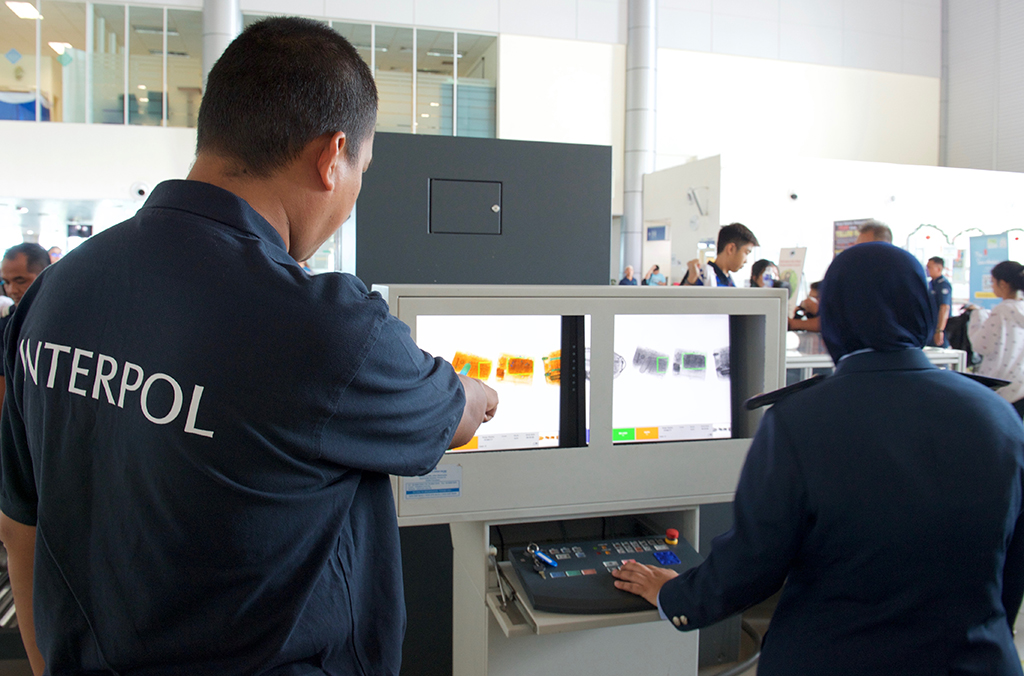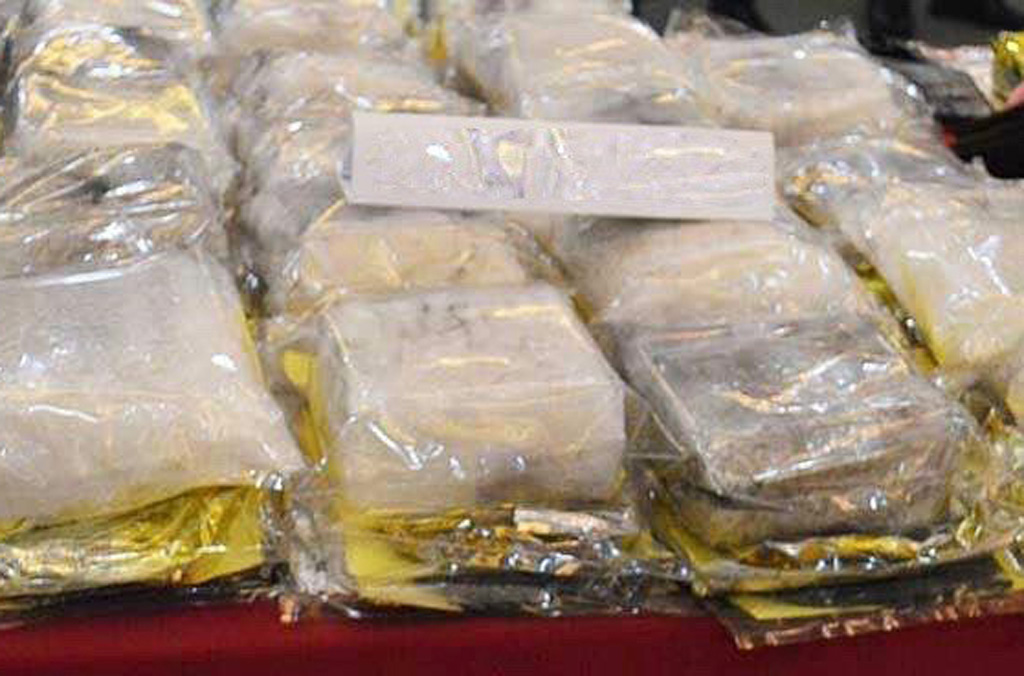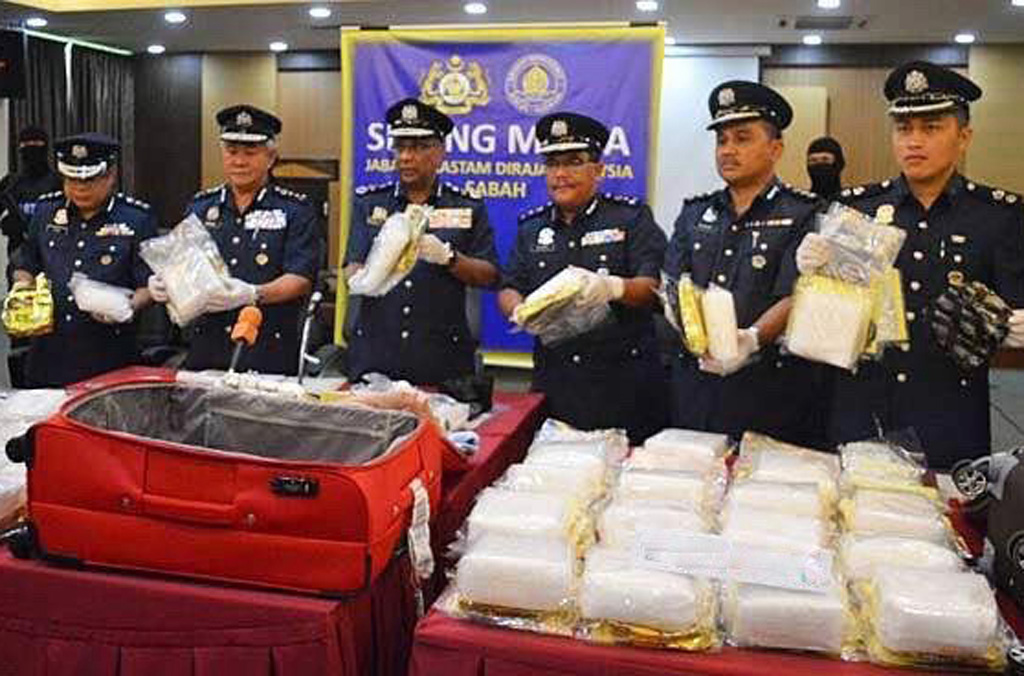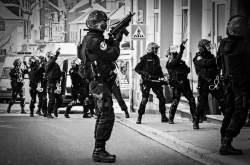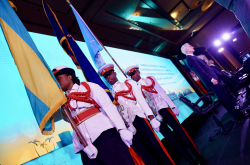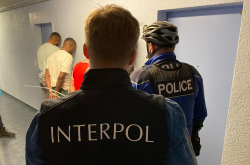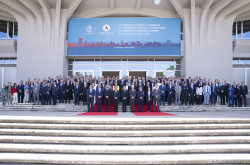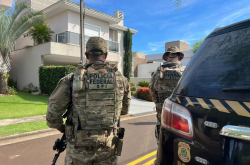SINGAPORE – Preventing the cross-border movement of bomb-makers and undocumented precursor chemical materials used to manufacture bombs was the focus of an operation coordinated by INTERPOL across Southeast Asia.
Operation Watchmaker saw some 35,000 passengers and more than 270,000 luggage, cargo and vehicles checked across Indonesia, Malaysia and the Philippines as part of coordinated efforts to put into operation data previously provided by Watchmaker working groups.
With participating countries exchanging watch-lists of suspected bomb-makers to crosscheck their potential movement across borders, more than 6,500 fingerprint and facial images of travelers were collected during the operation for further checks against INTERPOL’s dedicated databases.
Chemical test kits were also used to check for explosive precursor chemicals, as well as to verify materials against their bill of lading.
Five individuals were arrested at Sandakan Airport in Malaysia after more than 100 kg of methamphetamine were seized as a direct result of the operation due to the use of X-ray machines which were not systematically used beforehand.
“As a result of this operation, enforcement agencies were better able to exploit INTERPOL policing capabilities to help them identify and investigate suspects that are involved in the manufacturing of bombs or explosive devices,” said Dr. Parusuraman Subramanian, Assistant Director of the INTERPOL National Central Bureau in Kuala Lumpur.
With INTERPOL’s I-24/7 secure police communications system connected at the Zamboanga seaport in the Philippines just weeks before the initiative, thereby allowing instant access to INTERPOL databases, law enforcement officials generated their first hit during the operation on a suspect traveling with a stolen passport.
“This operation helped determine the capability and operational gaps of relevant government agencies so as to enhance border security operations, thus achieving a safer Philippines and ASEAN region,” said Marlon S. Sapla, Head of the Bomb Data Center Directorate for Intelligence in the Philippines.
An operational coordination unit at the INTERPOL Global Complex for Innovation in Singapore acted as the central point of contact during the operation, bringing together representatives from the three participating countries.
Funded by the Department of Foreign Affairs and Trade, Australia, Operation Watchmaker was supported by more than 180 participants from 12 different agencies. These included police, immigration, customs, maritime security, coast guards, port and airport authorities, national bureaus of investigation, intelligence services, transnational crime agencies, counter-terrorism units and mobile brigades.





